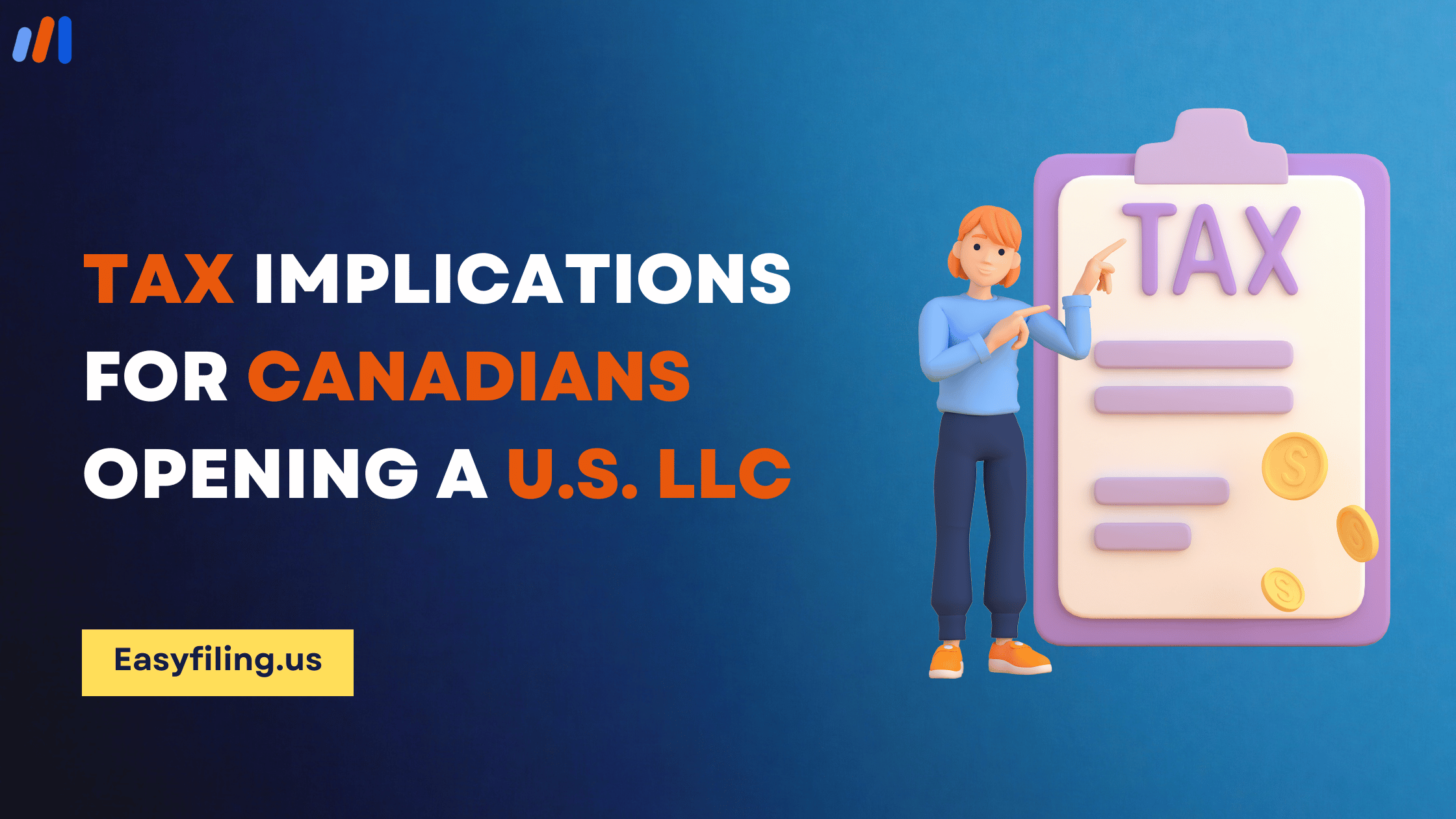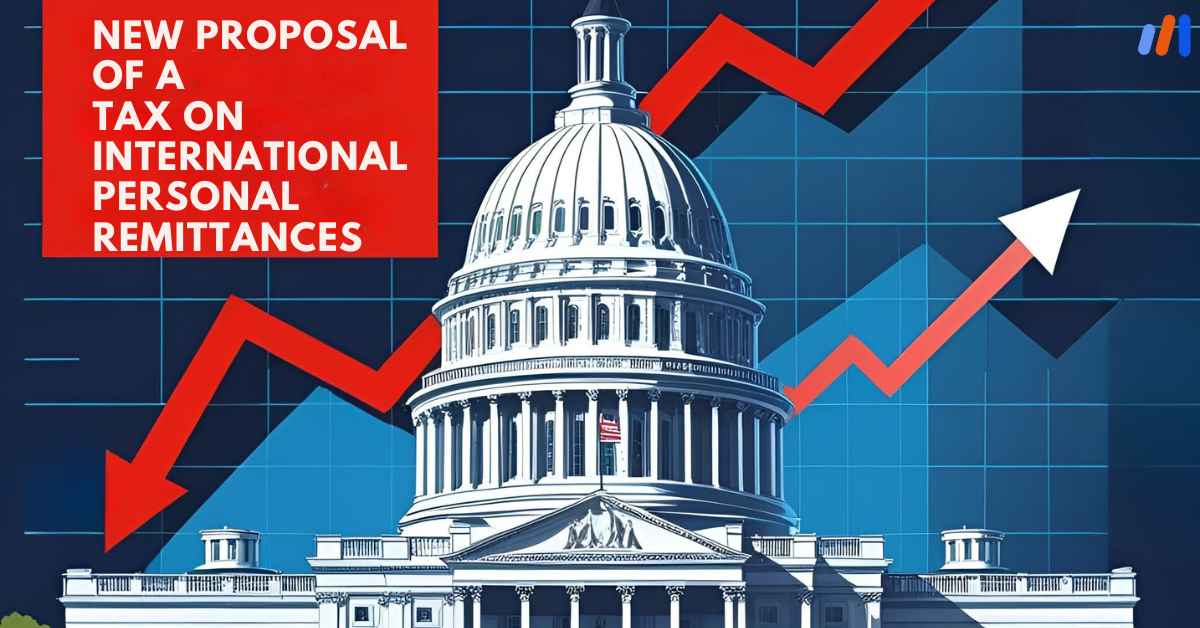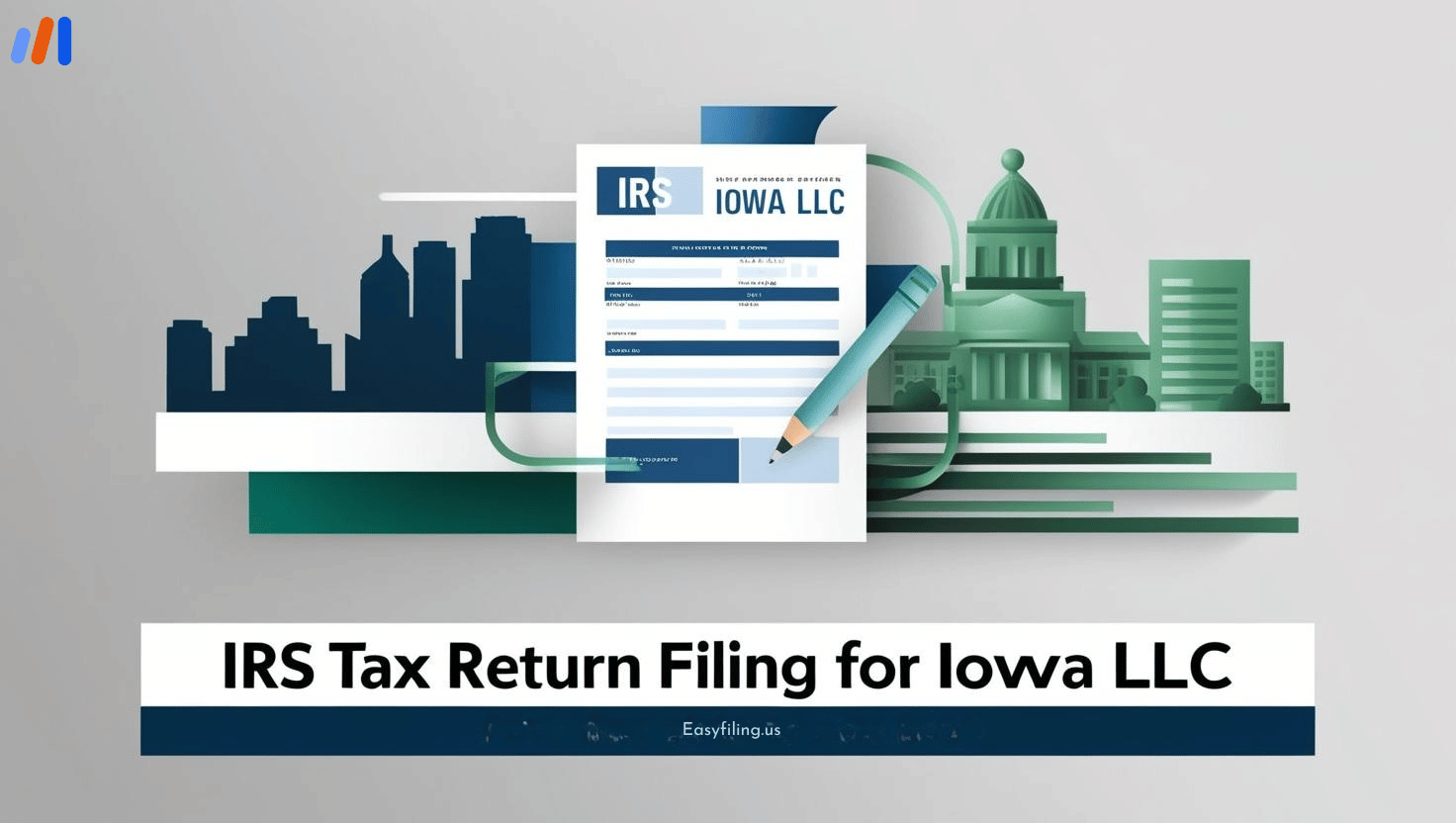Well, say that you are a Canadian entrepreneur who has an innovative business idea that has started to gain some traction in the U.S. The U.S. seems to be the best market for taking your business a notch higher. But before you decide on the next step, which is to register your U.S. Limited Liability Company (LLC), there is one aspect that you will first need to understand: tax.
No less time-consuming it is to do tax planning in Canada as well as in the U.S. In any case, good planning of the business operations can help avoid unnecessary risks. In this guide, we will take a serious and direct look at the tax impact on Canadian nationals who wish to open a U.S. LLC, so you know exactly how to go about it without experiencing any financial hitches.
Understanding the U.S. LLC Structure
A U.S. LLC offers its owners, known as members, limited liability protection, shielding them from personal liability for business debts and obligations. This business structure is popular due to its flexibility in management, allowing members to decide on the governance structure that best suits their needs and its favorable tax treatment.
An LLC is classified as a ‘pass-through’ entity for tax purposes. This means that the profits and losses of the business are passed forward to the members and reported on the members’ tax returns, thus not being subject to the double taxation which is usually associated with corporations.
Requirement in Forming an LLC for Canadians

Canada does not have an equivalent to the US LLC but still, Canadians have some advantages when it comes to the incorporation of an LLC in the US. Some of these benefits include the following:
Limited Liability
Protect your personal property: An LLC shields your personal assets and business assets from each other. This means that most of the company’s creditors cannot pursue your assets in the event of the business losing a lawsuit or going bankrupt.
Pass-Through Taxation
No need to suffer C corporation tax: Business profits and losses are reported on the return of members, avoiding the corporate income tax which is a disadvantage to small businesses. This is advantageous for small business companies.
Flexibility in Ownership and Management
Unlimited members: There is no limitation to the number of owners (members) in an LLC and no limitation on the type of owners.
Unlimited management: The management of an LLC may be conferred on its members or non-members.
Privacy
Members’ names: Members’ names and other particulars are not normally in public documents where LLCs are registered so privacy is observed.
Tax Benefits That May Materialize In the Future
Foreign tax credits: Foreign tax credits are available for foreign taxes paid and are intended to help a taxpayer alleviate double taxation. Therefore, based on your activities and your tax residency, you can benefit from such reductions lowering the total taxes owed or the tax liability.
Tax Implications in the U.S.
Federal Taxation
Pass-Through Entity: Single membership LLC is per se disregarded as an entity separate from its owner while multiple membership is taxed as a partnership for holding of shares of the entity with profits flowing through to members. In general, there is no tax at the company level, and the taxation takes place at the individual members’ level.
Election to be Taxed as a Corporation: An LLC may choose to file a “check-the-box” IRS Form 8832 to be treated as a corporation for tax purposes. This is for company reorganization purposes for any future constructed transaction to leverage corps tax Aims.
Self-Employment Tax: If the LLC is taxed as either a sole proprietorship or partnership members do incur self-employment taxes to their share of earnings. These include taxes to Social Security and Medicare which raise the tax burden considerably.
State-by-State Taxing
Company Income tax: Depending upon the location of registration of the LLC, it may be subject to further state income tax or income charges. Despite, or rather because of the several restrictions states like California levy annual LLC fees, franchise tax, etc that could vary greatly.
Canadian Tax Issues

Canadian Tax Residency
Income: The residents of the country of Canada are subject to tax not only on income earned within Canada but upon all income they earn from anywhere in the world. This also means that any income from a U.S. LLC is subject to taxation by the Canada Revenue Agency (CRA). The complication to that is to see to it that the proper amount from the foreign income is declared and assessed according to Canadian taxation.
Foreign Tax Credit: To protect Canadians from the dual imposition of taxes on their incomes, Canada allows foreign tax credits on the United States taxes paid. Nevertheless, taxpayers may still owe taxes in additional amounts to the CRA due to dissimilarities in tax rates, deductions, and structures.
Canadian Controlled Private Corporation (CCPC)
Impact of investment in US LLC on CCPC Status: Such investment may adversely affect the CCPC status of a Canadian-controlled private corporation owning a US LLC. CCPC loss can lead to a displacement of myriad key benefits including the small business deductibles and other favorable treatments afforded to some income.
Tax Treaties and Considerations
U.S.-Canada Tax Treaty: U.S. and Canadian taxpayers do not need to double report income on tax returns for both countries if the guidelines of the U.S.-Canadian tax treaty are followed because that treaty provides provisions that eliminate double taxation.
Permanent Establishment: If the LLC qualifies to have a permanent establishment in Canada, for example, an office or a considerable business center, it will become assessable to the corporate taxes of Canada. This would mean more intricate tax structures and additional liabilities.
Best States to Form an LLC for Canadian
The best state to form an LLC for a Canadian depends on several factors: your business structure, the level of tax, and the country of operation among others. Below are some of the popular ones in the statement:
Delaware:
- Business-friendly laws: The state of Delaware occurs at the top of the favorable business states in the USA which is the reason behind the popularity in the LLC formation.
- No tax for out-of-state income: If you do not have any operations in Delaware, there will be no additional taxes that will be incurred.
- Court of Chancery: Quite different from all other courts, Delaware’s Court of Chancery is characterized by its rapidity and mastery of all business law matters.
Wyoming:
- Low taxes: For example, Wyoming has no corporate income franchise or even a personal property income tax.
- Privacy: At the same time, Wyoming also has aggressive and robust policies about the owners of the LLC.
- Easy formation and maintenance: It is not complicated when one has to form and continue maintaining an LLC in Wyoming state.
Nevada:
- No corporate income tax: The state of Nevada also is favorable as there is no corporate income tax imposed in the state causing the state to operate the cost.
- Privacy: Only the law of Nevada can guarantee the protection of the secrecy of the members of the LLC.
- Low fees: The average rates associated with establishing and retaining an LLC in Nevada are relatively low.
Key Considerations and Tips Professional Advice:
Professional Advice: Cross-border tax discussion cannot be exhausted without reference to an expert analysis, as would be appropriate to one’s particular business. Guidance from a professional may assist in proper structuring to cut back on taxes paid and to be compliant with the stringent requirements.
Legal Structure: How the LLC is styled should be analyzed in terms of tax exposure in both the United States and Canada. The decision creates a financial impact that is largely a long-term issue and should be in line with the business’s aspirations.
Compliance: Proper submission and compliance of the documents prescribed by both the IRS and the CRA should be done to avoid any fines. Up-to-date knowledge of recent bus tax changes is important at all times to be compliant with the law.
To summarize, while non-residents of the U.S., particularly Canadians, may find it beneficial to establish a U.S. LLC for the additional purpose of seeking business interests across borders, it is imperative to appreciate the fact that it’s a multifaceted tax situation. It would be optimal where there are professional services and planning to enhance compliance, tax optimization, and achievement of international business.
File Your LLC Today
25$ off with a coupon
Lock in EasyFiling's transparent rates and get lifetime compliance support at no extra cost.
Get Started Now








